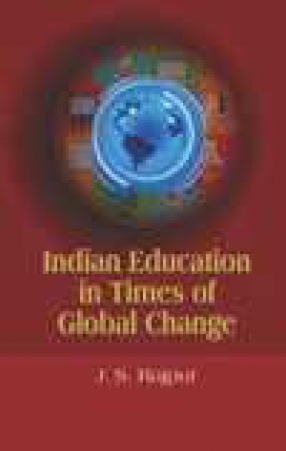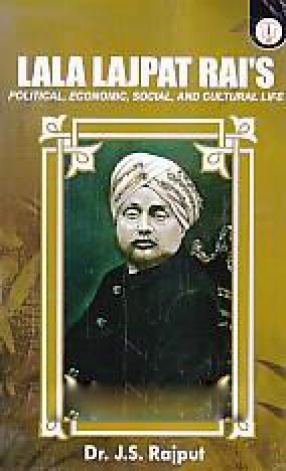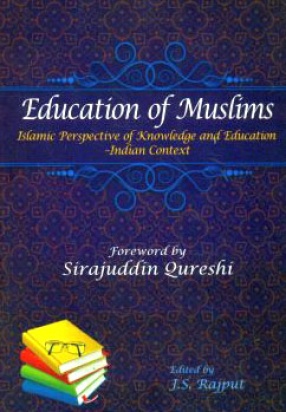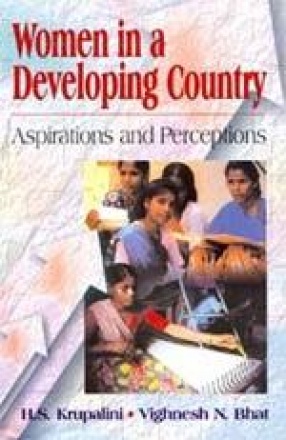Education, the indispensable human asset, confronts unprecedented pace of change in every sector of human activity. It must assimilate national aspirations and, simultaneously prepare the young for a globalized world that offers varied opportunities. While national systems must evolve as ‘rooted to culture’, these must seriously remain committed to progress; new ideas, new knowledge and new technologies. New education must impart awareness and impacts of global changes, challenges and concerns. It must assimilate the import of cross-cultural movements and interactions, and development of new seemingly heterogeneous communities. A symphony of the universal values and differing cultural values is to be achieved as that alone would ensure a humane global society. Education is obligated to strengthen democratic values and create an urge for lifelong learning and skill acquisition. Extensive intellectual and analytical efforts are needed to develop new age education systems.
When massive total transformation is envisaged in a developing nation known for its diversities, issues of resources, infrastructure, teachers and their preparation, curriculum development, teaching learning materials, new pedagogy and emerging technological support systems deserve serious attention from all sides. People expect education to respond to the concerns of social justice, equity, equality, value inculcation and character formation, gender concerns, environmental degradation and climate change, human rights, fundamental duties, and such other elements that strengthen the process of total personality development during the sensitive years of growing up. Every child must internalize genuine appreciation for otherness; respect for religions other than his own, respect for the language, traditions and cultural practices of his peers. Only with adequate focus on these aspects, India can march successfully on the path of progress and development.








There are no reviews yet.